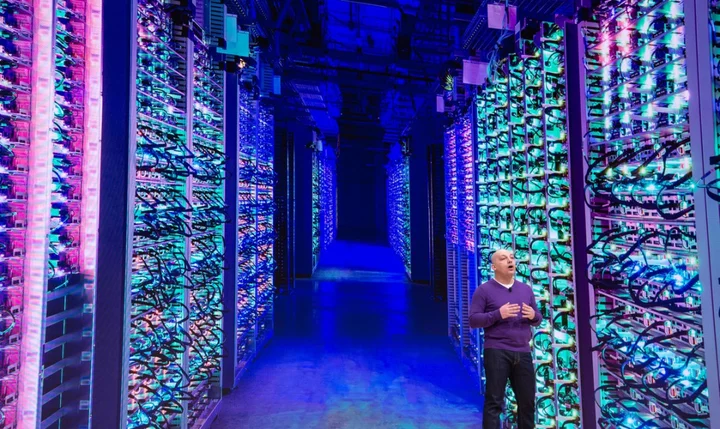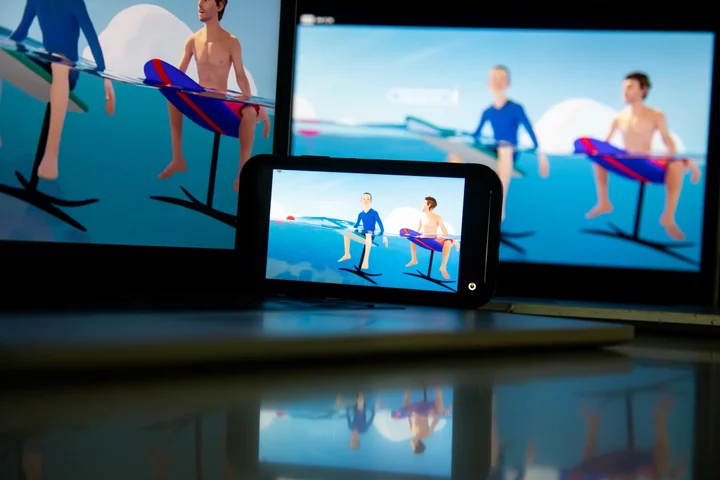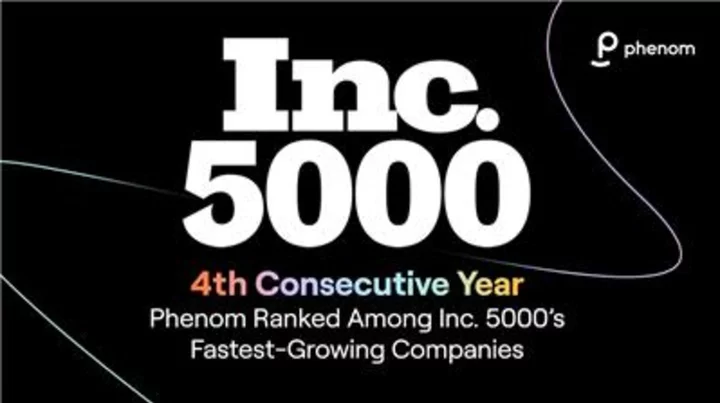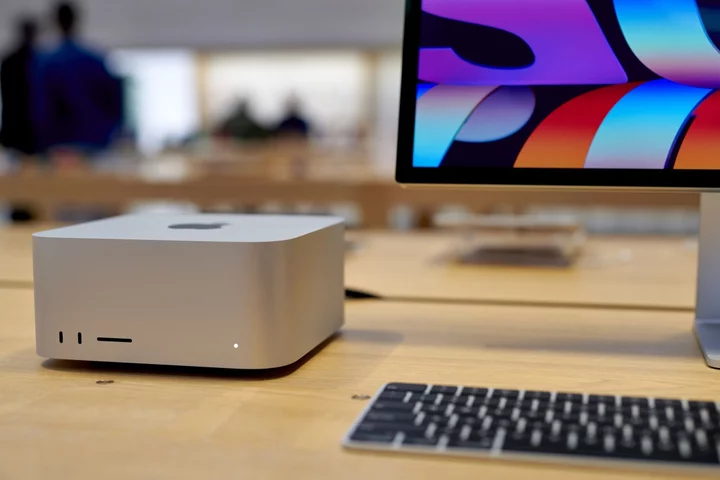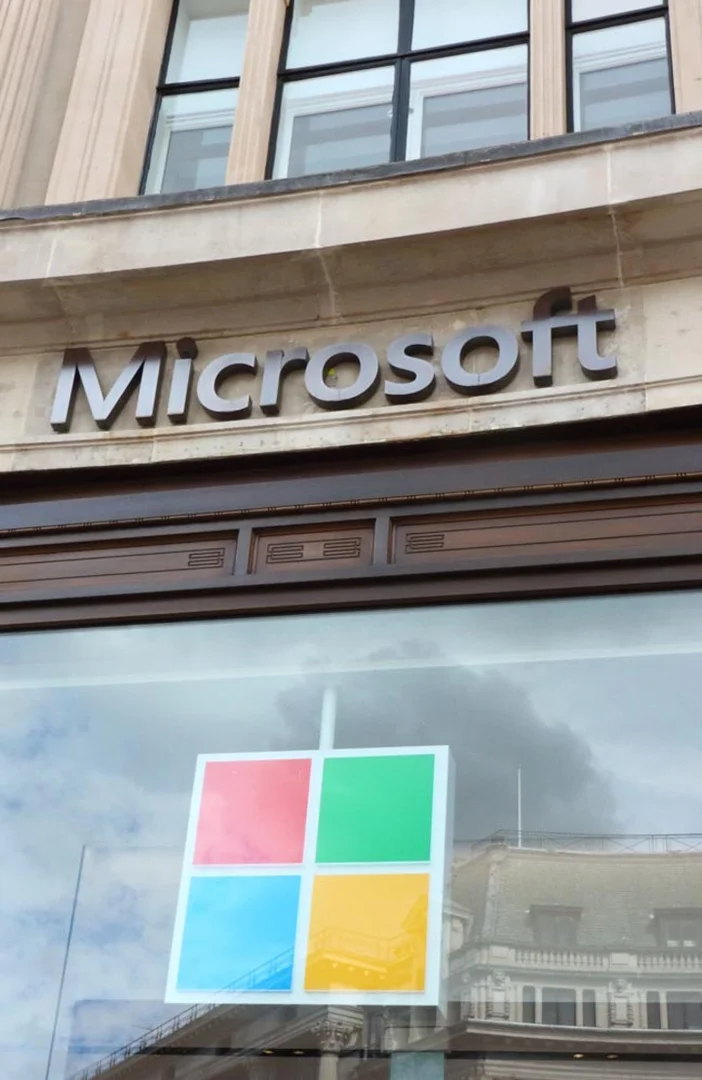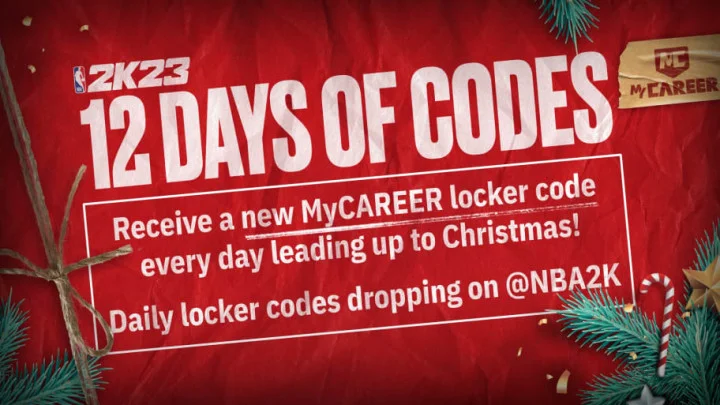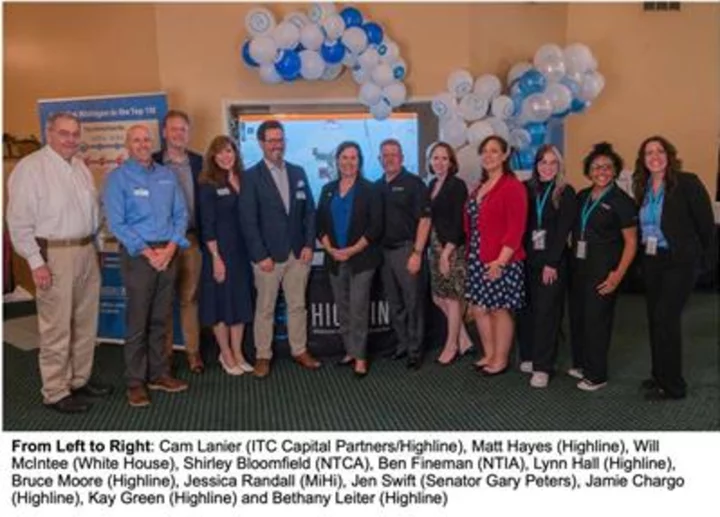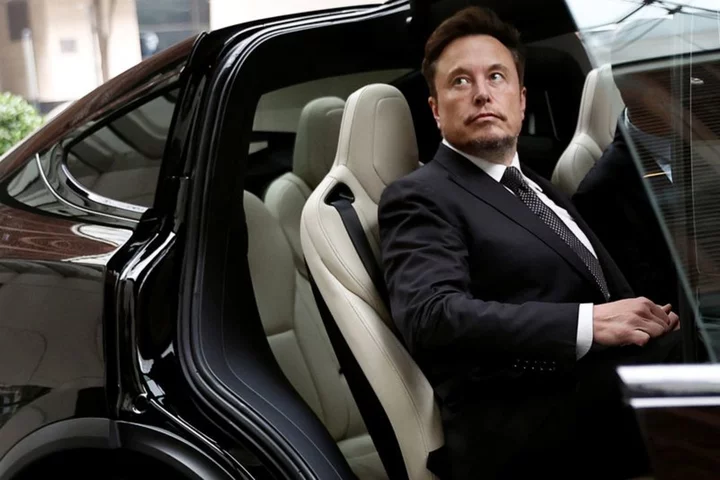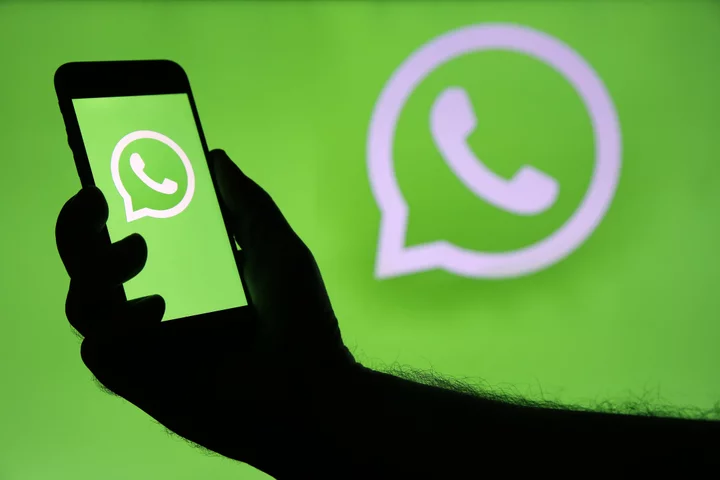Google at 25: CEO says he wants to make people ‘shrug’ and reveals importance of lobsters to search engine
Google hopes that people in decades to come “shrug” at the technology it is working on, according to its chief executive. Sundar Pichai, the boss of both Google and parent company Alphabet, revealed the importance of making technology go from “extraordinary to ordinary” in a memo to staff written to celebrate the company’s 25th anniversary. Traditionally, Google celebrates its birthday on 27 September, for largely arbitrary reasons. The company undertook a number of firsts through the summer and autumn of 1998, meaning that it has a range of options to choose as its official launch date. This year, however, Google appears to be celebrating throughout the whole month. Mr Pichai’s note was intended as a way of kicking off those celebrations, according to an editor’s note attached to it. Mr Pichai said that it is a “huge privilege to reach this milestone, made possible by the people who use our products and challenge us to keep innovating, the hundreds of thousands of Googlers past and present who have given their talents to building those products, and our partners who believe in our mission as much as we do”. And he looked forward to the future technology that the company is building, which revolves largely around artificial intelligence. But it hopes that those technologies become normal, Mr Pichai said. “Ideas my dad marveled at as science fiction — taking a call from your watch, or telling your car to play your favorite song — make my children shrug,” he wrote. “Those shrugs give me great hope for the future. They set a high bar for what the next generation will build and invent... and I can’t wait to see what will make their children shrug, too. “An essential truth of innovation is that the moment you push the boundary of a technology, it soon goes from extraordinary to ordinary. That’s why Google has never taken our success for granted.” Concluding the note, he said that he hoped that the contested questions of artificial intelligence will eventually elicit the same kind of response. He noted that the technology has undergone sustained questioning and criticism in recent months, but indicated that he hopes it becomes ordinary in the same way. “As these new frontiers come into view, we have a renewed invitation to act boldly and responsibly to improve as many lives as possible, and to keep asking those big questions,” he wrote. “Our search for answers will drive extraordinary technology progress over the next 25 years. “And in 2048, if, somewhere in the world, a teenager looks at all we’ve built with AI and shrugs, we’ll know we succeeded. And then we’ll get back to work.” He also revealed the importance of lobsters to Google. The first company to use its advertising platform was a “mail-order business selling lobsters”, he said – and that platform has since gone on to contribute the vast majority of Google’s revenues. Read More Why is Elon Musk obsessed with the letter X? Elon Musk ‘borrowed $1bn from SpaceX’ at same time as Twitter acquisition Sonos releases Move 2, its chunky speaker for the outdoors Why is Elon Musk obsessed with the letter X? Elon Musk ‘borrowed $1bn from SpaceX’ at same time as Twitter acquisition Sonos releases Move 2, its chunky speaker for the outdoors
Google hopes that people in decades to come “shrug” at the technology it is working on, according to its chief executive.
Sundar Pichai, the boss of both Google and parent company Alphabet, revealed the importance of making technology go from “extraordinary to ordinary” in a memo to staff written to celebrate the company’s 25th anniversary.
Traditionally, Google celebrates its birthday on 27 September, for largely arbitrary reasons. The company undertook a number of firsts through the summer and autumn of 1998, meaning that it has a range of options to choose as its official launch date.
This year, however, Google appears to be celebrating throughout the whole month. Mr Pichai’s note was intended as a way of kicking off those celebrations, according to an editor’s note attached to it.
Mr Pichai said that it is a “huge privilege to reach this milestone, made possible by the people who use our products and challenge us to keep innovating, the hundreds of thousands of Googlers past and present who have given their talents to building those products, and our partners who believe in our mission as much as we do”.
And he looked forward to the future technology that the company is building, which revolves largely around artificial intelligence. But it hopes that those technologies become normal, Mr Pichai said.
“Ideas my dad marveled at as science fiction — taking a call from your watch, or telling your car to play your favorite song — make my children shrug,” he wrote.
“Those shrugs give me great hope for the future. They set a high bar for what the next generation will build and invent... and I can’t wait to see what will make their children shrug, too.
“An essential truth of innovation is that the moment you push the boundary of a technology, it soon goes from extraordinary to ordinary. That’s why Google has never taken our success for granted.”
Concluding the note, he said that he hoped that the contested questions of artificial intelligence will eventually elicit the same kind of response. He noted that the technology has undergone sustained questioning and criticism in recent months, but indicated that he hopes it becomes ordinary in the same way.
“As these new frontiers come into view, we have a renewed invitation to act boldly and responsibly to improve as many lives as possible, and to keep asking those big questions,” he wrote.
“Our search for answers will drive extraordinary technology progress over the next 25 years.
“And in 2048, if, somewhere in the world, a teenager looks at all we’ve built with AI and shrugs, we’ll know we succeeded. And then we’ll get back to work.”
He also revealed the importance of lobsters to Google. The first company to use its advertising platform was a “mail-order business selling lobsters”, he said – and that platform has since gone on to contribute the vast majority of Google’s revenues.
Read More
Why is Elon Musk obsessed with the letter X?
Elon Musk ‘borrowed $1bn from SpaceX’ at same time as Twitter acquisition
Sonos releases Move 2, its chunky speaker for the outdoors
Why is Elon Musk obsessed with the letter X?
Elon Musk ‘borrowed $1bn from SpaceX’ at same time as Twitter acquisition
Sonos releases Move 2, its chunky speaker for the outdoors

